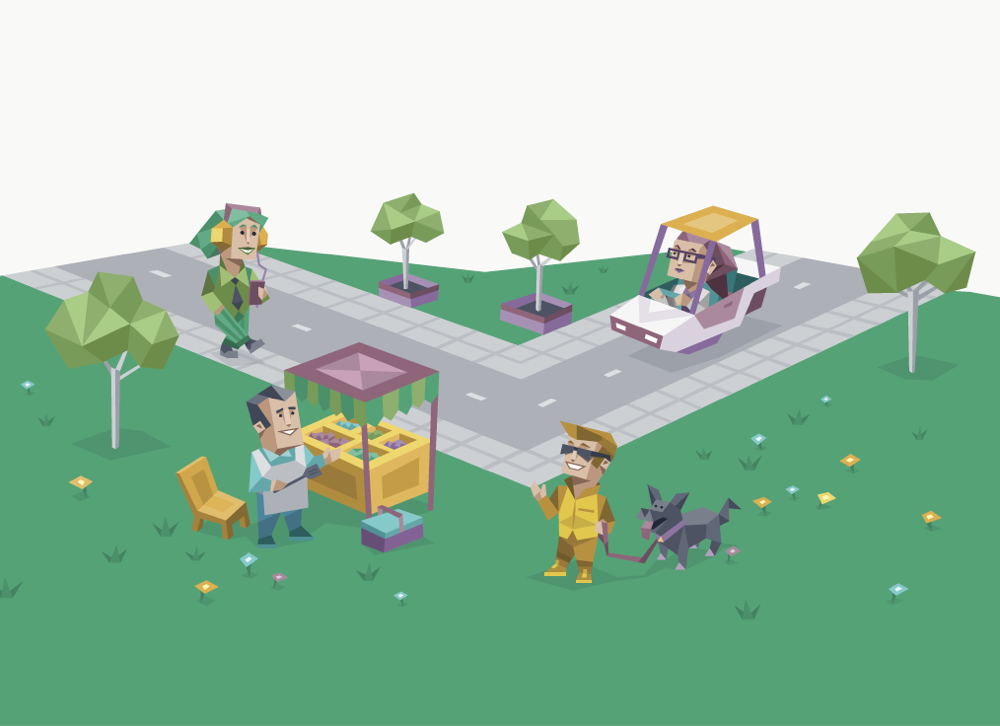MBTI: 16 Personalities in the Making

Text by Teerin Julsawad
In the world of personality tests, the Myers-Briggs Type Indicator (MBTI) is perhaps the most widely used. When you come across people identifying themselves as four-letter personality types, such as ENTJ or ISFP, they’re talking about the MBTI.
This test is taken annually by about two million people around the globe, and the firm that produces it makes $20 million per year. In recent years, the popularity of the test has soared, from companies asking about it on job applications to dating apps trying to suggest matches based on your personality type.
Katharine Cook Briggs and her daughter Isabel Briggs Myers
developed the early original versions of the test. Inspired by psychiatrist Carl Jung’s 1921 book “Psychological Types,” Briggs based the MBTI on the influential theory of psychological types
and the hypothesis that humans experience the world using four primary psychological functions: sensation, intuition, feeling and thinking.
Although Jung’s theory has some differences from Myers and Briggs’ ideas, and critics have argued that the test is not scientifically valid, the MBTI has seen a meteoric rise in popularity.
Part of the reason might be the simple nature of the test. On the basis of 93 questions, the MBTI categorizes all people of the world into 16 distinct types. So within 20 to 30 minutes, you can determine your supposed personality makeup and profile.
Psychologists today tend to disregard such personality tests since they tend to simplify the understanding and analysis of human behavior. Our personalities are comprised of a wide range of emotions and experiences, and we may even change our feelings or perceptions of ourselves throughout the day based on our mood. Thus, psychologists warn against using these tests to decide major life decisions, such as how to pursue your career.
Even so, the test’s meteoric rise shows that quizzes to learn about yourself can be fun and entertaining. For so many years, BuzzFeed’s quizzes have kept their brand in the spotlight.
It’s fun to take the test if you haven’t yet. The results of your study may help you better understand your own behavior or the behavior of others, or you may learn something about yourself or others that you didn’t know before. It can be an important part of self-discovery to gain a clearer understanding of our personality, because they shape how we perceive ourselves and others. Nevertheless, take the results with a grain of salt, and just enjoy the process.


